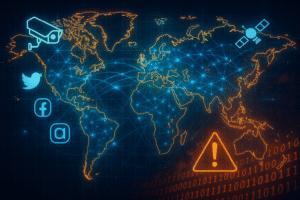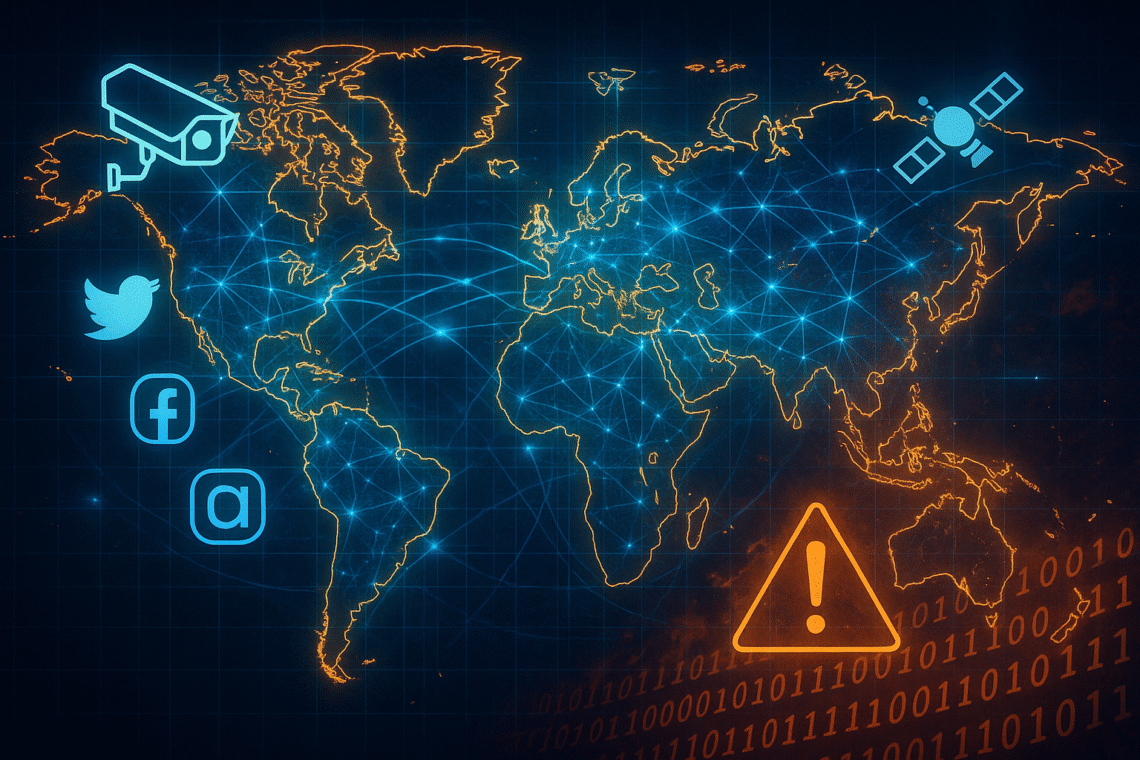
In the 21st century, geopolitics has evolved beyond borders, armies, and oil pipelines — it now includes algorithms, influencers, and misinformation campaigns. Power is no longer just military; it is digital, psychological, and economic.
The New Weapon: Information
From election interference to media manipulation, information is now a weapon of mass influence. Countries like Russia, China, and the US use state-sponsored media, bot networks, and AI-generated content to shape public opinion not only domestically but globally.
“He who controls the narrative, controls the world.”
Fake news, deepfakes, and selective reporting are redefining truth. The battlefield is no longer just land or sea — it’s your newsfeed.
Economic Warfare
Sanctions, trade wars, and supply chain disruptions are used to cripple rival economies. The US-China tech war is not just about microchips; it’s about global dominance in artificial intelligence and quantum computing.
-
Huawei vs. Apple
-
TikTok bans
-
Rare earth mineral control
All are modern expressions of an invisible economic battlefield.
The Rise of Cyber Geopolitics
With military bases being replaced by server farms and cyber units, cyberattacks have become geopolitical tools. From the Stuxnet worm that disrupted Iran’s nuclear program to anonymous hackers disrupting infrastructure, every nation is either under attack or preparing for one.
The Illusion of Peace
Even peace is political. Global institutions like the UN, IMF, and World Bank often serve the interests of powerful nations, shaping global policy in their favor while masking control as diplomacy.
What It Means for You
Understanding geopolitics isn’t just for politicians. Every online conversation, every policy, and every international deal affects gas prices, food security, internet freedom, and even your digital identity.
In this age of chaos, awareness is resistance.


